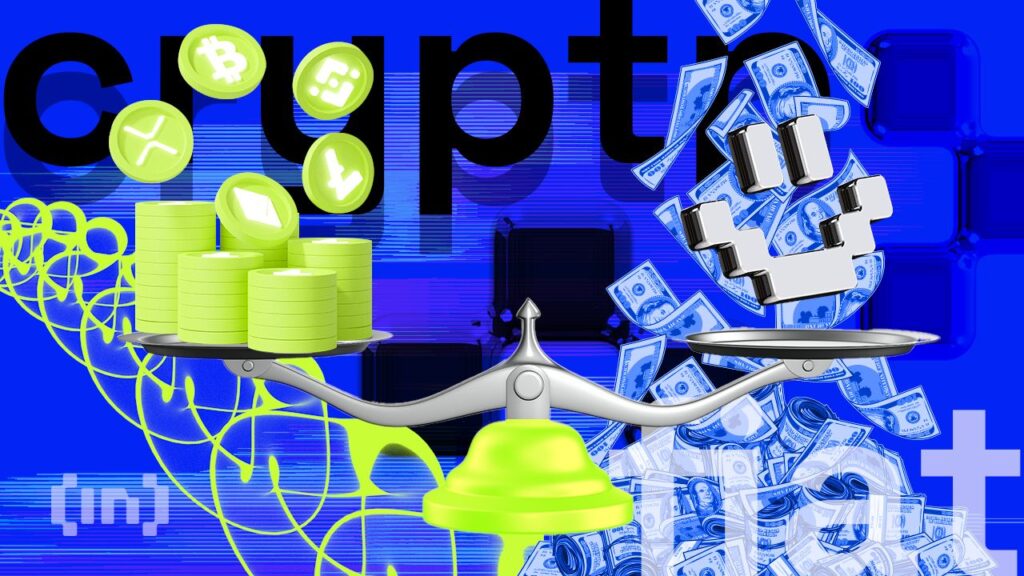Seven of Ethereum’s most established protocol teams, including Aragon, Lido Labs Foundation, and Uniswap Foundation, have joined forces to form the Ethereum Protocol Advocacy Alliance (EPAA).
The partnership represents a rare moment of unity among Ethereum’s core builders, as increased regulatory scrutiny in the US and Europe threatens to reshape the governance of decentralized systems.
Sponsored Sponsored
Ethereum protocol team goes on the offensive amid tightening regulations
For years, Ethereum’s Layer 1 protocol has quietly powered DeFi, stablecoins, and smart contracts across the global Web3 ecosystem. However, as governments around the world rush to regulate virtual currencies, not only exchanges but also protocol developers are becoming embroiled in policy debates.
The new global coalition will protect open infrastructure securing over $100 billion in on-chain assets.
In EPAA’s announcement, the founding team stated that laws and regulations are intended to accurately reflect how blockchain systems operate, rather than how they are perceived.
“We have seen firsthand the technical and practical complexities involved in building on-chain systems, and bringing together the most trusted protocol teams will help ensure regulatory outcomes are viable for builders moving this space forward,” Aragon CEO Anthony Leutenegger said in a statement shared with BeInCrypto.
What the Alliance stands for
EPAA’s shared policy framework is centered around four key priorities:
Protect the neutrality of the protocol layer and ensure that the code itself is not subject to regulation. Drive on-chain transparency as a source of real-time, verifiable compliance information. Stay flexible for innovation by avoiding rigid or overly broad standards. Maintain global access to permissionless, decentralized infrastructure. Sponsored Sponsored
Each of these principles reflects widespread concerns among the Ethereum technical community. More specifically, there are concerns that policymakers may inadvertently limit the open networks that make DeFi resilient.
“Decentralization is the foundation of Ethereum’s reliability and resilience. Through the EPAA, we will ensure that our policies recognize and protect this principle,” excerpts from a statement from Lido Labs Foundation Chief Legal Officer Sam Kim said.
Meanwhile, Brian Nistler of the Uniswap Foundation added that the project’s past regulatory battles have reinforced the need for developers themselves to be at the table.
Ethereum builder brings credibility to crypto policy
The establishment of EPAA marks a maturing stage in cryptocurrency governance as builders transition to supporters. Unlike traditional trade associations, this group has no central leadership, budget, or lobbying department.
Instead, we will partner with existing advocacy networks such as the DeFi Education Fund, the Center for Decentralization Research, and the European Cryptocurrency Initiative to provide policymakers with technical insight and developer credibility.
“Those who build decentralized systems should help shape the rules that govern them,” said Connor Spellicy, executive director of the Center for Decentralization Research.
The move comes as lawmakers are considering a new framework for DeFi and smart contract regulation around the world. In both Washington and Brussels, authorities are struggling with how to classify decentralized infrastructure without a central operator, and EPAA wants to clarify the issue.
The Ethereum Protocol Advocacy Alliance currently includes only seven founding members, but the alliance is designed to grow over time.


